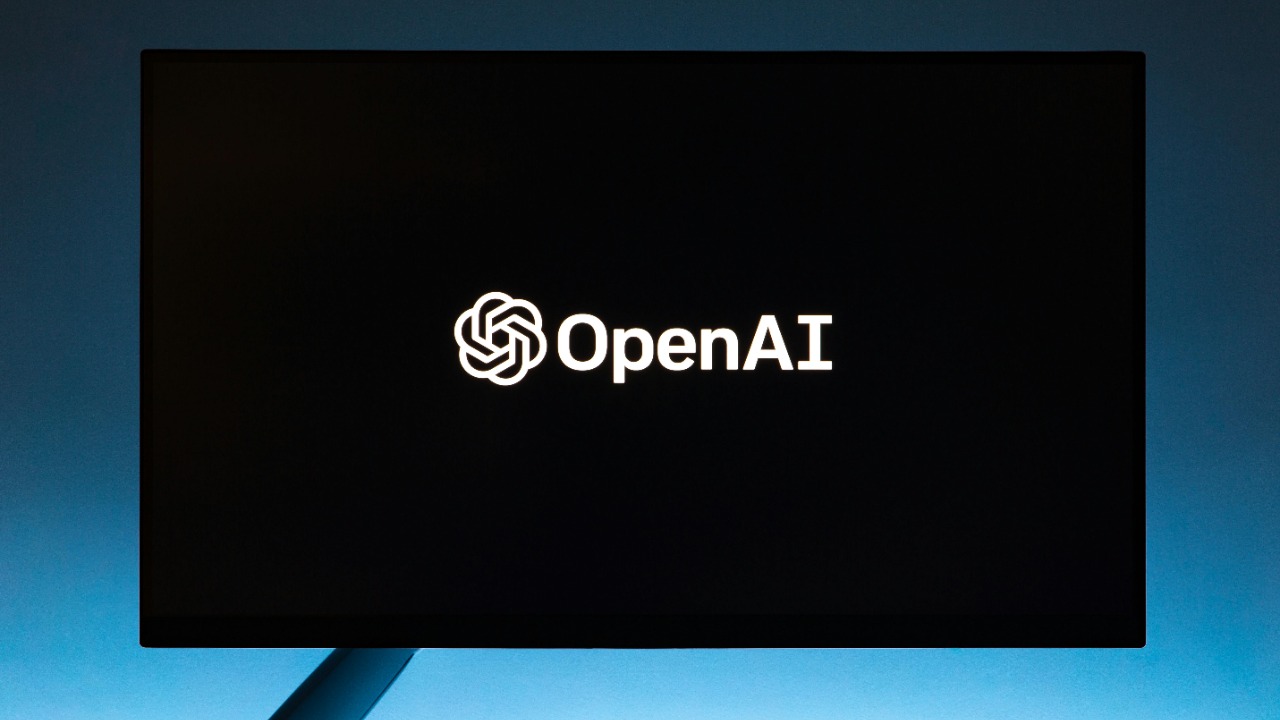
Senator Bernie Sanders has recently advocated for the breakup of OpenAI, citing concerns over the company’s dominance in the field of artificial intelligence (AI). This call comes in the wake of OpenAI’s new agreement to store data on British soil, raising questions about international data practices and regulatory oversight.
Sanders’ Direct Call for OpenAI Breakup
In a bold move, Senator Sanders has explicitly demanded the breakup of OpenAI. He views the company’s unchecked power as a significant threat to society, likening its structure to a monopoly that requires antitrust intervention to safeguard public interests. Sanders’ call for action is not just a critique of OpenAI, but a reflection of his broader concerns about the unchecked power of tech giants.
As Sanders put it, ‘We Gotta Be Prepared…’ This statement underscores the urgency in his advocacy and highlights the need for proactive measures to address the challenges posed by AI dominance.
The ‘Deeper Issue’ in AI Dominance
Sanders‘ call for the breakup of OpenAI is rooted in what he refers to as a ‘Deeper Issue.’ This issue extends beyond the immediate actions of OpenAI and ties into the systemic risks associated with the concentration of AI development in the hands of a few tech giants. The senator’s concerns reflect a growing unease about the economic and ethical implications of such concentration.
His statement, ‘We Gotta Be Prepared…’, suggests a need for proactive policy measures to address these challenges. It is a call for readiness, for the development of robust regulatory frameworks that can effectively manage the rapid advancements in AI.
OpenAI’s Expansion to British Soil
Adding to the complexity of the situation is OpenAI’s recent agreement to store data on British soil for the first time. This development, announced under a government deal, has implications for data sovereignty and privacy. It also raises questions about the regulatory oversight of international data practices.
This move is indicative of OpenAI’s international growth strategies, which could potentially fuel calls for its breakup. The decision to store data on British soil may be seen as an attempt to circumvent stricter regulations in other jurisdictions, further underscoring the need for comprehensive international regulatory frameworks.
Regulatory Responses to OpenAI’s Practices
Sanders’ call for the breakup of OpenAI aligns with growing antitrust scrutiny of the company. This scrutiny is not limited to the United States; the recent agreement for data storage on British soil has sparked debates about regulatory oversight in the UK as well.
The senator’s emphasis on a ‘Deeper Issue’ suggests that federal-level interventions may be necessary to address the challenges posed by AI dominance. This could involve the development of new regulations or the enforcement of existing antitrust laws.
Broader Implications for AI Policy
Sanders’ statement signals a push for comprehensive AI legislation that extends beyond OpenAI. His call for preparedness suggests that such legislation should address the broader challenges posed by AI, including issues of data privacy, economic inequality, and ethical considerations.
The ripple effects of such legislation could be felt by global AI firms, particularly in light of OpenAI’s recent agreement to store data on British soil. This development, along with historical precedents for tech breakups, could inform responses to Sanders’ advocacy.
Challenges in Enforcing a Breakup
Enforcing a breakup of OpenAI would not be without its challenges. These could include logistical hurdles, such as the division of assets and intellectual property, as well as potential international complications arising from agreements like the one for data storage on British soil.
Addressing the ‘Deeper Issue’ of enforcement would require readiness, as Sanders has emphasized. This could involve the development of new regulatory frameworks, the strengthening of existing laws, and the cultivation of international cooperation to effectively manage the challenges posed by AI dominance.
More from MorningOverview